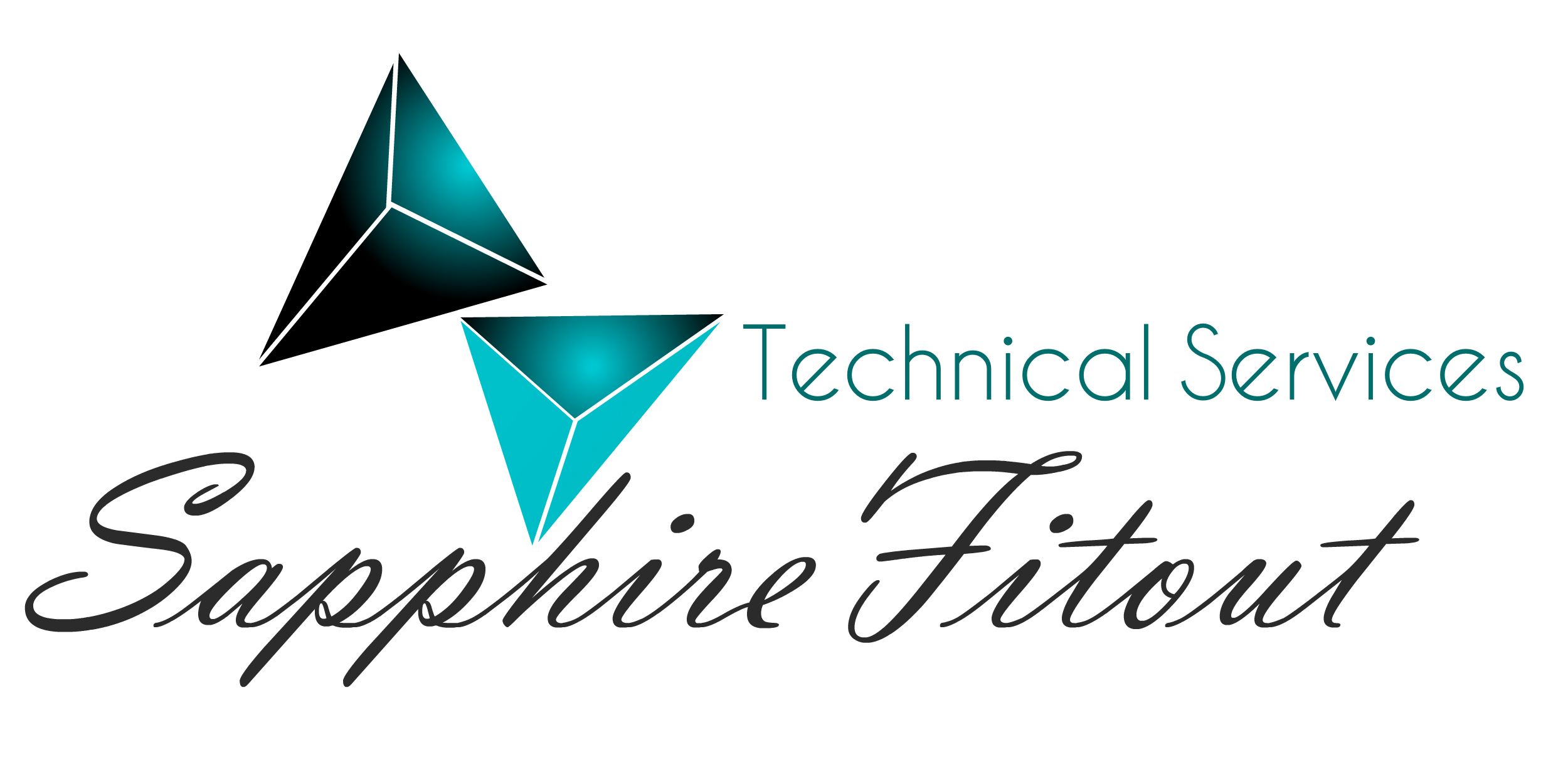Due diligence is an essential part of the fundraising process however it can consume time that founders should be focusing on their business. Additionally, it’s difficult to keep up with the influx of requests for information from investors, which can lead to delays in closing round of funding.
The amount of fundraising due diligence varies by the stage of the startup, as well as the type of investor. For instance, a seed stage company must be prepared to provide information to equity investors such as venture capital firms and angel investors, and later-stage companies may have to satisfy institutional investors by providing more rigorous due diligence.
Utilizing tools to automate these searches can help reduce the burden on staff and reduce the amount of time needed to conduct fundraising due diligence. For instance screening and prospecting for donors tools automatically search the web for data regarding donors and their companies or associations. This can help save a considerable amount of time and effort as compared to manual research and ensure that all risk factors are covered.
In addition to performing searches to find out information about a potential investor due diligence in fundraising involves establishing guidelines for the types of donations an institution will or won’t accept. These policies can contain guidelines that restrict an individual donor from having influence over the staff of the institution or trustees or programs.




